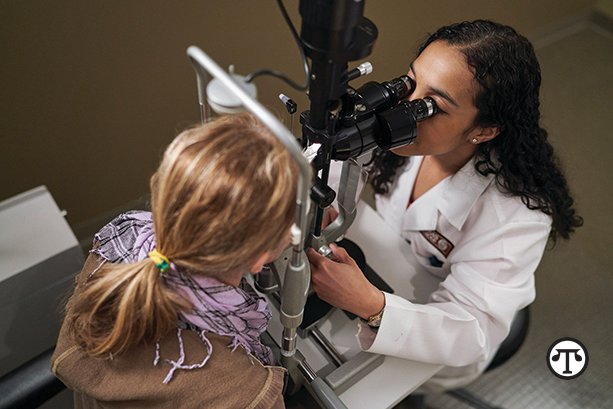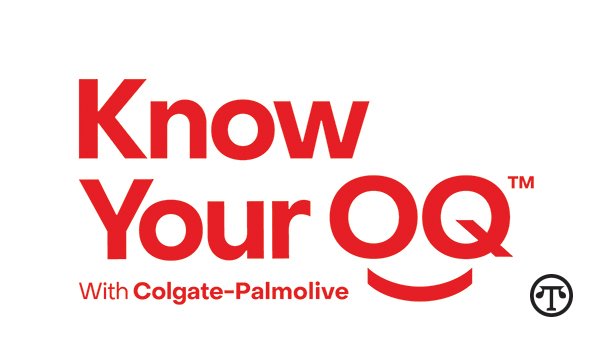FOR YOUR HEALTH: When Dealing With Diabetes, See The Doctor About Your Eyes
 (NAPSI)—According to the Centers for Disease Control and Prevention, more than one in 10 Americans can expect to be diagnosed with diabetes. If you or someone you care about is ever among them, you may be surprised to learn that one of the most important ways your doctor can help detect the condition is with an eye exam.
(NAPSI)—According to the Centers for Disease Control and Prevention, more than one in 10 Americans can expect to be diagnosed with diabetes. If you or someone you care about is ever among them, you may be surprised to learn that one of the most important ways your doctor can help detect the condition is with an eye exam.
The Problem
That’s because a serious complication of diabetes is diabetic retinopathy. The disease causes damage to the blood vessels in the back of the eye. It can affect up to 80 percent of patients living with diabetes and is the leading cause of blindness amongst working age adults. It can affect up to 80 percent of people with diabetes. Diabetic retinopathy has no early warning signs, and symptoms such as blurred vision do not occur until diabetic retinopathy is in an advanced state.
What Can Be Done
Fortunately, early detection and timely treatment can reduce the risk of vision loss due to diabetic retinopathy by 95%. Primary Care physicians now have access to a simple and affordable solution called the Welch Allyn® RetinaVue® Care delivery model, available from Henry Schein. The RetinaVue care delivery model is a turnkey solution that consists of three core components, including the RetinaVue 700 Imager, RetinaVue Network software for secure transfer of patient images and Professional Medical Services to analyze and diagnose patient images and networks the doctors already have. The imager’s ease of use and lightweight, portable design make it well-suited for use across clinics, at the bedside or even in the home. In a fast and non-invasive procedure, your primary care physician can take a photo of your retina and send it to an ophthalmologist to analyze the blood vessels there. Thanks to this technology, you won’t even need to leave the doctor’s office and may not need to make another appointment with the ophthalmologist, although doctors do recommend that anyone living with diabetes get an annual retinal exam.
What Else You Can Do
Managing your diabetes is the best way to lower your risk of diabetic retinopathy, advises the National Institutes of Health. That means keeping your blood sugar levels in a healthy range. You can do this by:
- Getting regular physical activity
- Eating healthy
- Carefully following your doctor’s instructions about taking insulin or other diabetes medicines.
Treatments include injections of drugs that can slow or even reverse the damage; laser treatment to shrink retinal blood vessels; and a type of eye surgery called vitrectomy that replaces the vitreous humor with another clear fluid.
Learn More
For further facts on diabetic retinopathy, you can visit the National Institutes of Health at www.nei.nih.gov/learn-about-eye-health/eye-conditions-and-diseases/diabetic-retinopathy. Doctors and patients can find more information on the RetinaVue care delivery model at www.retinavue.com.



 Study finds older people reporting feeling run down were more likely to die within the following 3 years.
Study finds older people reporting feeling run down were more likely to die within the following 3 years.

 Built with industry-leading AI technology, Mintal Tracker is able to detect sleep apnea—no wearable devices needed.
Built with industry-leading AI technology, Mintal Tracker is able to detect sleep apnea—no wearable devices needed.


